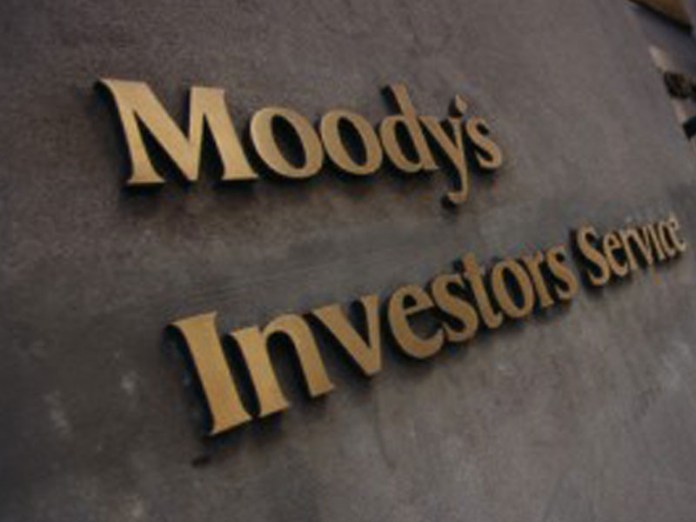Analysts at Moody’s Investor Service have identified lower capital of Nigeria’s midsize banks as a major constraint to the financial institution’s capacity to grow their business.
The rating agency in its report published Monday titled ‘Nigeria’s midsize banks’ declining capital is credit negative’ noted that the capital deficiency would also harm the banks’ revenue and delay their capital recovery through profit retention.
The report was released after a recent report by the International Monetary Fund (IMF) showed that Nigeria’s Tier 1 banks’ capital ratio had declined to 10.8 per cent in September 2017 from 16.3 per cent in the preceding year and 17.1 per cent in 2013, and now at its lowest level in the past five years
Moody’s observed further that Nigeria’s midsize banks faced greater risk of losing business to financial technology (fintech) companies because they tend to provide retail banking and payment services to individuals and small and medium sized enterprises, which is a key entry target market for upcoming Nigerian fintechs.
Recall that the Central Bank of Nigeria’s (CBN’s) Financial Stability Report covering up to June last year showed that banking system’s capital vulnerability was driven by midsize banks’ weaker capital conditions.
Moody’s stated: “These trends are credit negative for Nigeria’s midsize banks because they limit their loss-absorption capacity against unexpected losses and will restrain their asset growth and revenue generation.
“A lower Tier 1 ratio indicates that the capital cushions of banks declined and were less able to absorb any unexpected credit losses amid Nigeria’s still-challenging operating environment.”
On the recent CBN’s policy restricting some Deposit Money Banks’ (DMBs’) dividend payout ratios for banks with non-performing loans and capital ratios beyond certain thresholds, the leading global rating firm projected that while profits of banks could decline, most of them would retain a large portion of their profits this year and build up capital cushions.
In addition, it also estimated that the nation’s economy will grow 3.3 per cent this year, following a contraction in 2016 and a slower growth of 1.7 per cent in 2017, will ease the formation of new nonperforming loans in the next 12-18 months.



